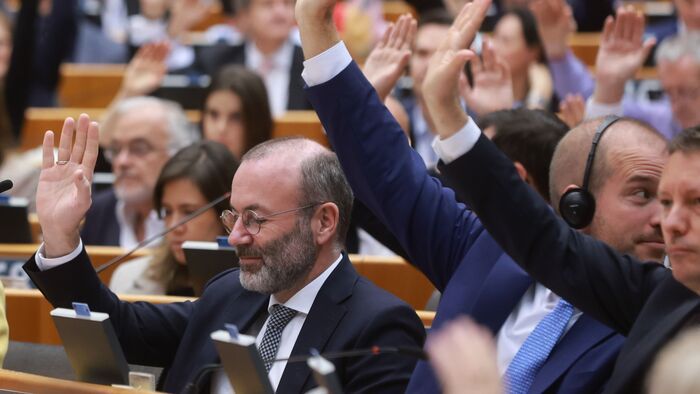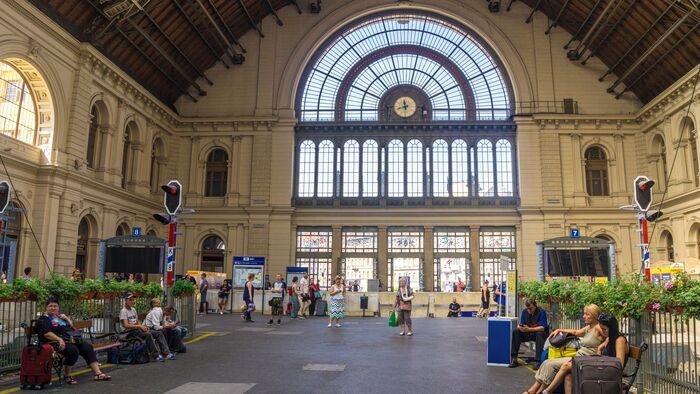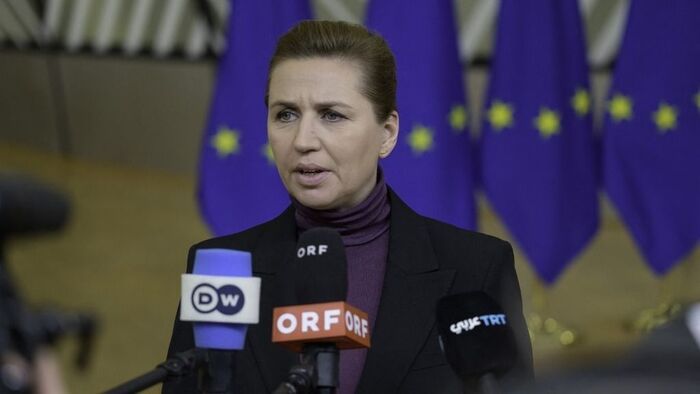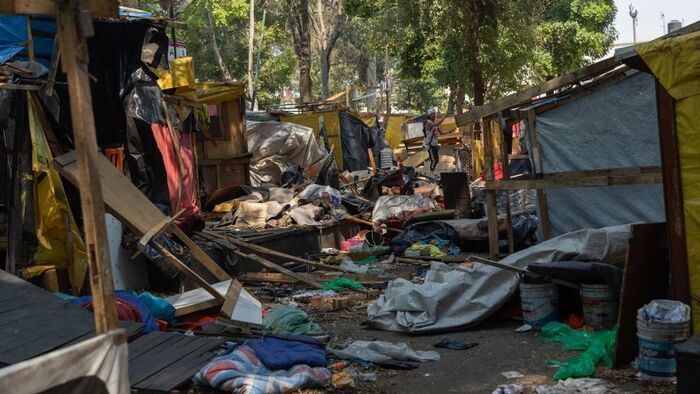The government has crafted a budget for the upcoming year designed to counteract the negative impacts of war. The focus is on supporting families raising children, helping young people start their lives and protecting pensioners. Additionally, Europe’s largest family tax reduction program will be implemented.
A key highlight is the HUF 5,050 billion (over EUR 12.5 billion) earmarked for economic development, sourced partly from the EU (HUF 2,200 billion (nearly EUR 5.5 billion)) and the rest from national funds (HUF 2,850 billion (nearly EUR 7.1 billion)). The 2026 budget continues to support the 21-step New Economic Policy Action Plan, which rests on three pillars: increasing the purchasing power of incomes, ensuring affordable housing and supporting small and medium-sized enterprises (SMEs) as part of the Demjan Sandor Program.
The previously announced 100 New Factories Program has been expanded to 150, with funding secured. Regarding housing, from January 1, 2025, employers will be able to provide tax-free housing support for employees under 35. This benefit can be used to cover rental fees or home mortgage payments. To further support home ownership, a 5% VAT rate will apply to new residential properties until December 31, 2026. For properties with building permits issued or announced by the end of 2026, the reduced VAT rate applies until the end of 2030. These measures aim to make housing more accessible while also strengthening the construction sector.
Significant Investments in the 2026 Budget
The 2026 budget includes major investments aimed at stimulating the economy and creating jobs. Hundreds of projects will begin, continue or be completed in key sectors such as transportation, education and healthcare. Notable investments include:
- Renovation of the Justice Palace and Ministry of Agriculture buildings at Kossuth Square under the Steindl Imre Program
- Church renovation subprogram under the Hungarian Village Program
- Full renovation of the Buda site of the Hospitaller Order of the Brothers of Saint John of God Hospital
- Road upgrades around the Szeged industrial park
- Modernization of irrigation systems
- Development of vocational training centers and expressways
Hungary’s access to EU funds in 2026 will be largely shaped by the 2021–2027 cohesion and CAP agricultural funding programs. Additional smaller programs (e.g., internal affairs, cross-border cooperation) and the Recovery and Resilience Facility (RRF) further increase available EU funding. The budget law allows the government to exceed EU funding limits to ensure no financial or regulatory barriers hinder the use of EU resources. Hungary contributes to the EU budget according to EU regulations, based on: collected VAT, amount of non-recycled plastic packaging waste, and gross national income (GNI).























Szóljon hozzá!
Jelenleg csak a hozzászólások egy kis részét látja. Hozzászóláshoz és a további kommentek megtekintéséhez lépjen be, vagy regisztráljon!